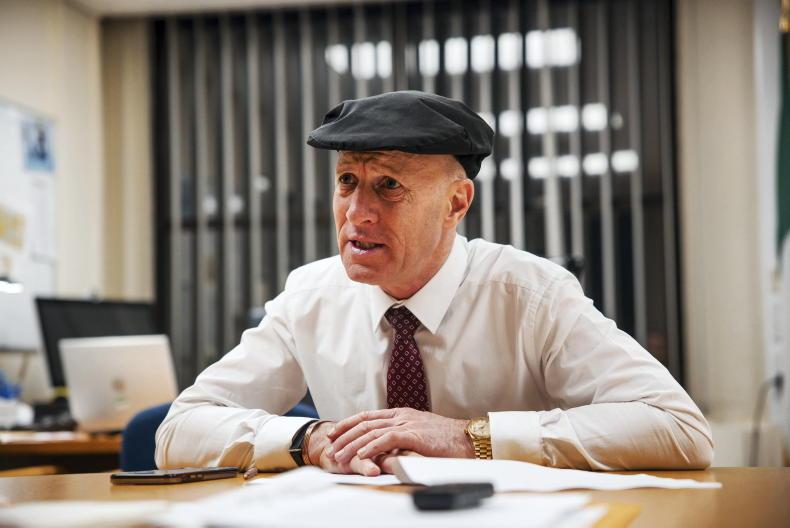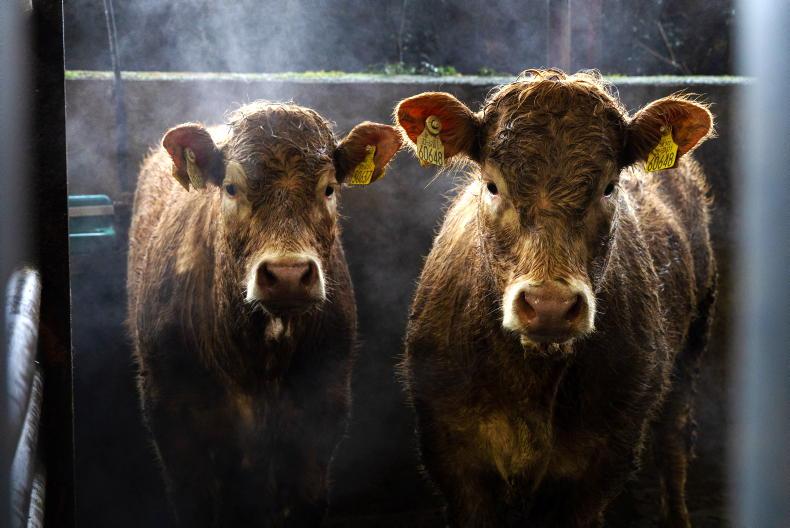Excessive bureaucracy, lengthy licensing delays and insufficient funding allocations to forestry schemes are all elements of the current forestry policy that require correction, should landowner uptake of afforestation be improved, a joint statement signed by forestry sector stakeholders has argued.
Leading Irish Farmers' Association (IFA), Irish Timber Growers Association (ITGA) and Forest Industries Ireland (FII) representatives called for reform of the policy, with their recommendations backing a relaxation of the regulatory requirements needed by farmers to plant land.
Such reform, when combined with an improved incentive structure for those undertaking afforestation, would better place the sector on delivering public goods and contributing to climate ambitions, the stakeholders claimed.
Confidence needed – IFA
IFA farm forestry chair Jason Fleming said that the forestry licensing regime in operation is not fit for purpose and that environmental targets could be missed, should there be failure by policymakers to address the issues experienced by farmers.
The downturn in farmers’ confidence in the system must be turned around through the correction of such current challenges in the new forestry strategy for afforestation rates to pick up.
“The current regulatory system is not fit for purpose and does not support planting and management of forests at farm scale,” commented Fleming.
“It is too bureaucratic and needs to be reformed. Farmers are crucial decision makers, who will ultimately determine the productions systems implemented on their land.
“If they are to plant at the scale required to meet the targets, they must have confidence that the system will support them to plant and manage their forest,” he said.
Funds required – ITGA
The ITGA stated that too little of the Department of Agriculture’s funding had been allocated to the forestry programme in recent years.
Higher payment rates would be needed to promote afforestation in sufficient levels that would ensure climate and biodiversity targets could be reached.
These payments are justified, given the public goods and environmental benefits that result from forestry establishment, the timber group argued.
“The most recently available fact sheet on Irish agriculture shows that, for 2019, payments to farmers totalled over €2bn, including Single Farm Payment [Basic Payment Scheme payments], rural development and forestry payments,” said the association’s chair Brendan Lacey.
“Of this over €2bn spend by the Department of Agriculture, Food and the Marine, forestry received just €90m or 4.5% of the total.
“This imbalance in supports must be addressed to provide significant additional supports for forestry to reflect the public goods, such as biodiversity, carbon sequestration, improved air quality and others provided by farmers and landowners who plant lands.
“Only through such rebalancing of supports will Ireland achieve its ambitious climate action targets,” concluded Lacey.
Increase payments - FII
The incentives for farmers to plant land need to be improved under Government forestry policy, according to FII.
“The forest strategy might be sound, but that’s no good without major improvements to the forestry programme to make it much more rewarding for farmers and foresters,” said its director Mark McAuley.
“We have to reduce the bureaucracy and increase the payments for tree planting. Forestry is the best way to diversify land use, lock away carbon and fight climate change, while also rewarding farmers,” he concluded.









SHARING OPTIONS